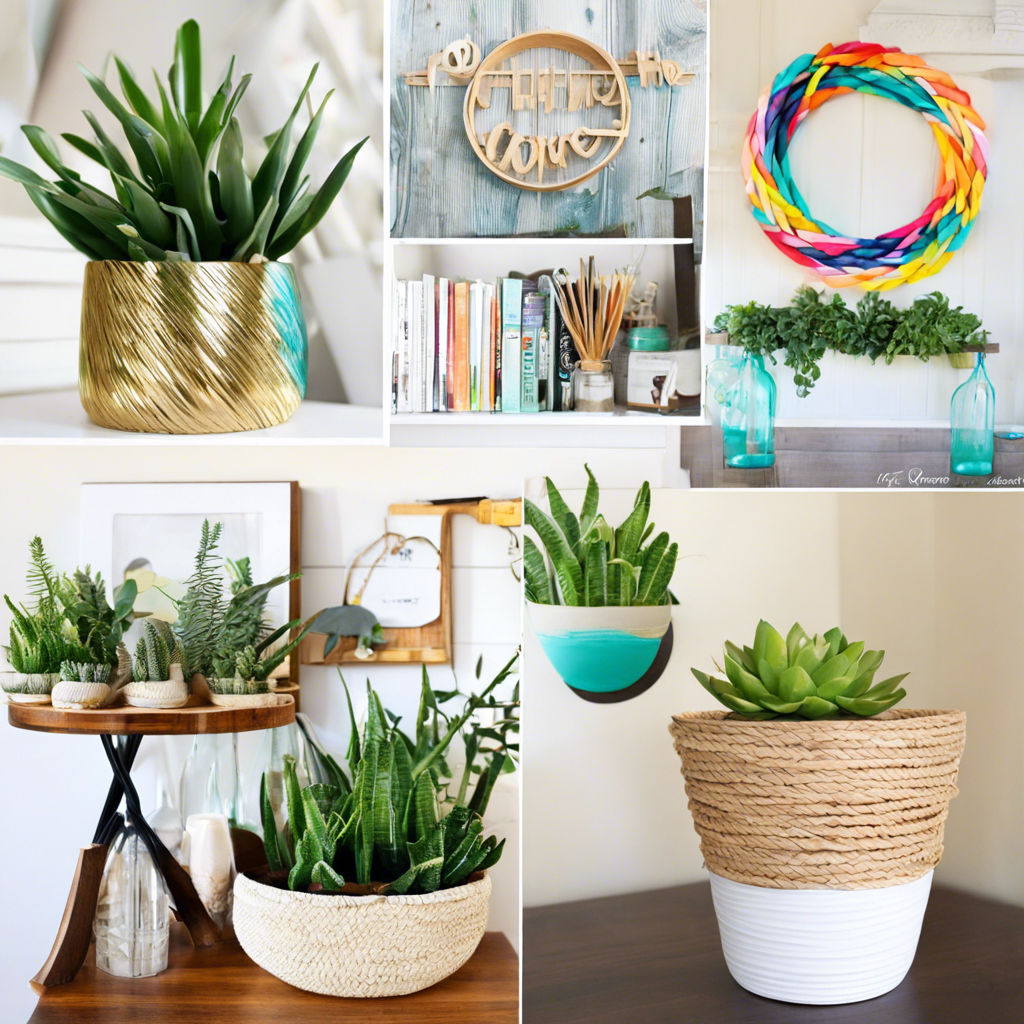[Insert eye-catching image of plumbing tools here]
We’ve all been there: a leaky faucet that won’t stop dripping or a clogged drain that refuses to budge. While plumbing issues can be a nuisance, many minor repairs can be tackled without calling in a professional. Not only will you save money, but you’ll also gain a sense of satisfaction from fixing it yourself. So, roll up your sleeves and get ready to tackle those plumbing problems like a pro!
The first step in any DIY plumbing repair is to understand the basics of your home’s plumbing system. This includes knowing the location of the main water shut-off valve, as well as the valves for individual fixtures, such as sinks and toilets. Familiarize yourself with the types of pipes in your home and the materials they are made of, as this will dictate the type of tools and products you can use for repairs.
One of the most common issues homeowners face is a leaky faucet. Thankfully, this is usually a quick and easy fix. Start by turning off the water supply to the faucet and covering the drain to catch any small parts that may fall. Then, use a screwdriver to remove the faucet handle and expose the inner workings. You’ll likely need to replace the washer, O-ring, or cartridge, depending on your faucet type.
Clogged drains are another nuisance that can often be cleared without a plumber. For sink clogs, try using a plunger or a drain snake to dislodge the blockage. You can also pour a natural drain-cleaning solution of baking soda and vinegar down the drain, followed by hot water, to clear away grease and grime.
Toilet repairs are also within the realm of DIY possibilities. If your toilet is running constantly, you may need to replace the flapper valve or adjust the float height. A wobbly toilet seat can easily be tightened or replaced, and a leaking toilet base may indicate a damaged wax ring that needs to be replaced.
However, it’s important to know your limits. More complex issues, such as installing new pipes, relocating fixtures, or fixing major leaks, are best left to licensed plumbers. They have the expertise and equipment to handle these jobs efficiently and safely.
When in doubt, don’t be afraid to ask for help or guidance from a professional. They can provide valuable advice and ensure that your repairs are done correctly and safely. Remember, when it comes to plumbing, it’s always better to be safe than sorry!
So, the next time you’re faced with a plumbing problem, don’t hesitate to roll up your sleeves and give it a try yourself. With a bit of knowledge, the right tools, and a can-do attitude, you’ll be well on your way to becoming a DIY plumbing pro!
Is there anything else I can help you with regarding this article?



